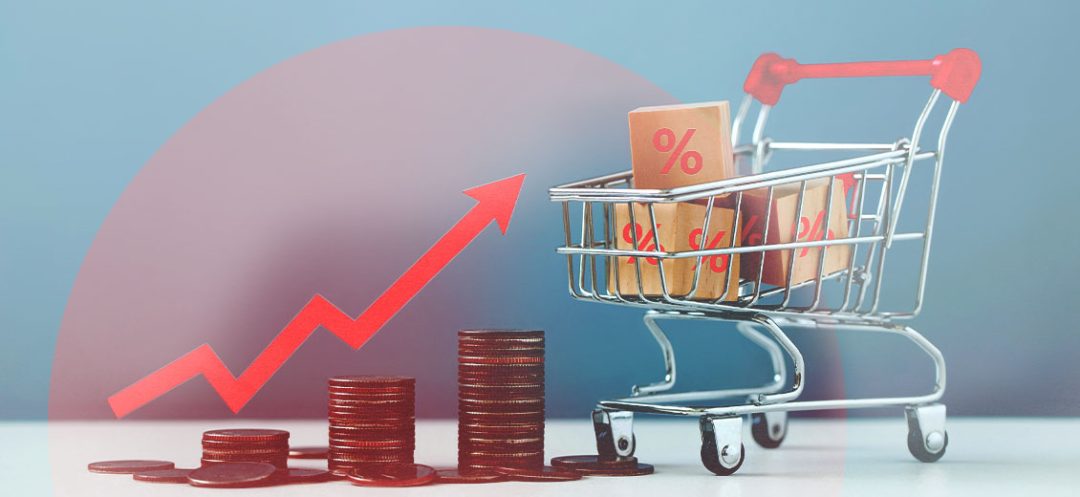Listen to the article
Since the economic and financial crisis gripped Lebanon in 2019, Lebanese households have witnessed a significant transformation in their consumption and eating habits. The prices of essential household goods have experienced notable fluctuations over the past few years.
Since the onset of the economic crisis in 2019, most Lebanese households have been forced to adjust their eating habits to cope with soaring prices and the devaluation of their wages.
Inflation has surged in Lebanon, leading to a spike in the prices of vital commodities, particularly food items. The weakening Lebanese pound against the US dollar has exacerbated the situation, as most imports are dollar-denominated.
As a result, cheaper food options have become more sought after, even at the expense of quality. Expensive imported products have largely been replaced by local or more affordable alternatives. Additionally, due to hyperinflation and the sharp devaluation of the Lebanese pound, many Lebanese have seen their purchasing power drastically decline, leading to significant cutbacks in spending, even on food. This shift in consumer behavior has been observed nationwide.
Loss of 50% in Purchasing Power
Nabil Fahed, president of the Supermarket Owners Syndicate in Lebanon, confirmed to This is Beirut that since 2019, both the data and household consumption in Lebanon have shifted dramatically. He noted that the average grocery basket has dropped by 50%, meaning households have, on average, lost half of their purchasing power. Only 10 to 15% of households have managed to maintain their purchasing power.
Fahed highlighted that economic activity and consumption have also been affected by the closure of numerous small and medium-sized enterprises (SMEs), whose employees contributed to local commerce.
Regarding prices, he explained that reliable statistics are hard to come by, especially given the devaluation of the Lebanese pound, which has distorted reference points. He added that currently, 50% of consumed goods are domestically produced, a significant increase from the pre-crisis level of 25%. Fahed noted that prices of imported products have surged by 5 to 25%, varying by category, particularly for items from Asian markets. He attributed the steeper price hikes for lower-cost goods to escalating transportation and insurance expenses, exacerbated by threats in the Red Sea. Additionally, disruptions in supply chains and logistical challenges have also fueled price hikes. As an example, he mentioned that Lebanon used to import approximately $9 billion worth of goods from China and $3 billion from Japan.
Fahed believes that showcasing prices and offers on social media fosters competition, which helps control prices and mitigate unreasonable increases.
Hani Bohsali, president of the Food Importers Syndicate, echoed this sentiment, stating, “Honestly, we have no reliable statistics on price changes since 2019. The main issue is deciding which exchange rate should be used for the analysis.”
Regarding the challenges in the Red Sea and rising transportation costs, he pointed out that freight rates have increased by 2 to 10%, depending on the products. However, he emphasized that “if we compare this to 2019 and the pandemic period of 2020-2021, freight costs were even higher, reaching a historic peak.”
Ramzi el-Hafez, founder of InfoPro, a socio-economic research and consulting firm, assured This is Beirut that prices calculated in fresh dollars for most food products have risen in line with inflation in their countries of origin, and prices for locally produced goods have also surged. He added that this increase includes higher transportation and insurance costs.
While Hafez acknowledged that the rise in food prices in Lebanon since 2019 is substantial, he noted that he lacks accurate data or figures. He lamented that studies have relied on prices in Lebanese pounds as a reference, which completely distorts the situation given the fluctuations in the exchange rate.





